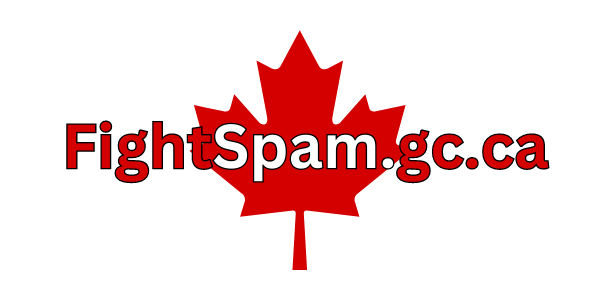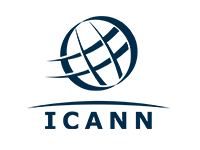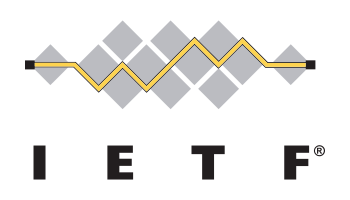By Shaun Brown:
It's been a long time coming, but Canada finally has an anti-spam law. Bill C-28, the law with no name, was just passed.
First introduced in April 2009 as C-27, the Electronic Commerce Protection Act, it died when parliament was prorogued in December 2009, only to be resurrected in May of this year as the Fighting Internet and Wireless Spam Act. Industry Committee members, who were unimpressed with the government's bizarre decision to amend the short title, approved the entire bill last month, except for the name. Rather than forcing the issue, everyone involved decided that it would be better to have the law passed before Christmas than go through the process of adding a new short title, which would have required approval of both the Senate and House of Commons, and delayed its passing until next year.
The bill was approved by the Senate yesterday, and received Royal Assent early this afternoon. As of right now, the unofficial name is "Canada's Online Protection Legislation", or COPL.
For those who are not familiar with C-28, it deals not only with spam by establishing an opt-in regime for the sending of commercial electronic messages, but it also addresses a number of related internet threats, including malware, spyware, phishing, and pharming. It provides the Canadian Radio-television and Telecommunications Commission (CRTC) with broad enforcement powers, including the ability to impose hefty administrative monetary penalties (AMPs) for non-compliance. It also includes a private right of action, allowing for private enforcement where public enforcement falls short.
Having been involved since the beginning, and eagerly awaiting its passage, CAUCE is excited and relieved to see Bill C-28 become law. We would like to congratulate everyone at Industry Canada as well as the agencies who worked diligently and tirelessly on this, fighting the endless bureaucratic and political process, as well as the naysayers who would have preferred to see the bill reduced to a gutless, meaningless shell of what we now have (anyone remember Do-Not-Call?).
While COPL will not solve all of the world's online problems, it provides Canada with the tools to do its part in the global fight against spam and related threats. No longer will Canada be the infamous "spam haven" of the G8. Based on best practices from around the world, it is now the gold standard for online protection that will undoubtedly serve as a model as other countries look to improve their own laws.
COPL will come into force in September, 2011, giving organizations plenty of time to ensure that they are in compliance.

















